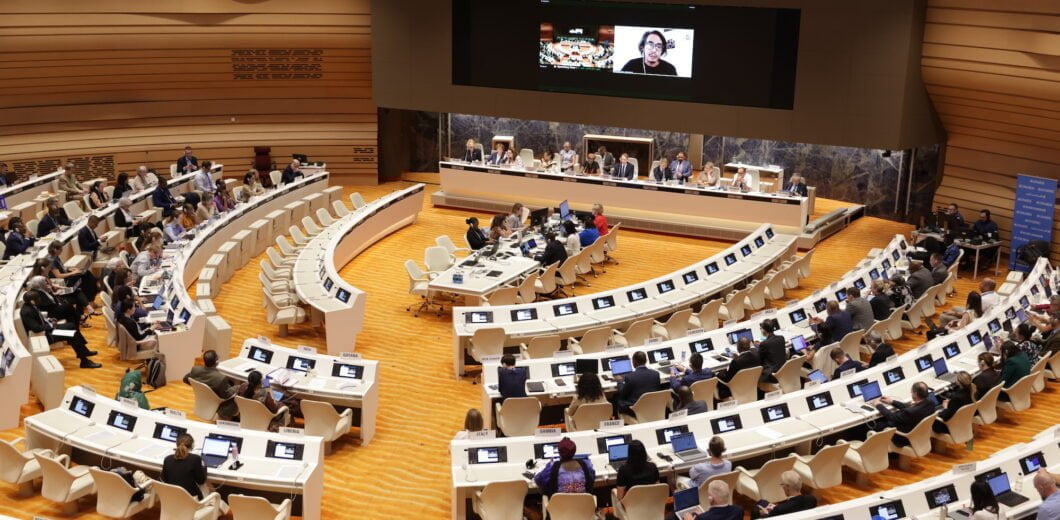The CCF is hosted by a civil society organization based on a two-year contract. The current contract is ending on 31 December 2023. The UNAIDS Secretariat and the NGO Delegation, therefore, have to start a procurement process to select the organization that will host CCF for the coming two years.
We invite Civil Society Organizations to share their ideas for topics for the thematic segments of the PCB meetings in 2024. Which burning HIV/AIDS-related matter deserves the attention of UNAIDS during its board meetings? Let us know!
Why should everyone should join in to further promote #UequalsU #SayZero? Because it helps spread the scientific evidence as released in the new WHO Policy Brief on HIV Viral Suppression that people living with HIV on effective treatment who are virally suppressed had zero risk of sexual transmission!
Yesterday, 1 March, was Zero Discrimination Day. But what does zero discrimination really mean? Can it be achieved in a world full of military conflicts, gender-based violence, and racism, to name but a few of the issues that our societies are currently experiencing?
Based on the 2021 NGO Report we have produced a primer to summarise what the NGO Delegation has achieved in the past 25 years.
From April 29 to May 1, I had the opportunity to attend the UNAIDS Asia Pacific Regional Management Meeting in Bangkok, Thailand. The meeting was attended by the Senior Management Team from Geneva, country directors, and national staff from the region.
The people of Venezuela are experiencing an extreme lack of basic goods and services, including food, potable water, housing, electricity, security, and, most importantly, access to healthcare and life-saving medications, including ARV.
After feedback received from representatives of civil society organizations following our initial statement, during late March and early April 2018, the NGO Delegation undertook and completed several key consultations, which included meetings with the UNAIDS Secretariat Staff Association (USSA), the United Kingdom in their capacity as current PCB Chair, and two civil society telephone consultationContinue reading “Update on UNAIDS’ sexual harassment policies”
The NGO Delegation congratulates Erika Castellanos and the Board of Directors of GATE on Ms. Castellanos’ recent appointment as director of programs. Founded in 2009, the Global Action for Trans Equality (GATE) is an organization that promotes and supports transgender and intersex rights.
We join the global community in congratulating Laurel D. Sprague, Ph.D., on her recent appointment as the incoming executive director of GNP+. Dr. Sprague, who served as the North American NGO delegate from the United States from 2014 to 2016, will now move to Amsterdam, The Netherlands, to oversee the largest global network of people living with HIV as the international community seeks to end HIV/AIDS by 2030.
